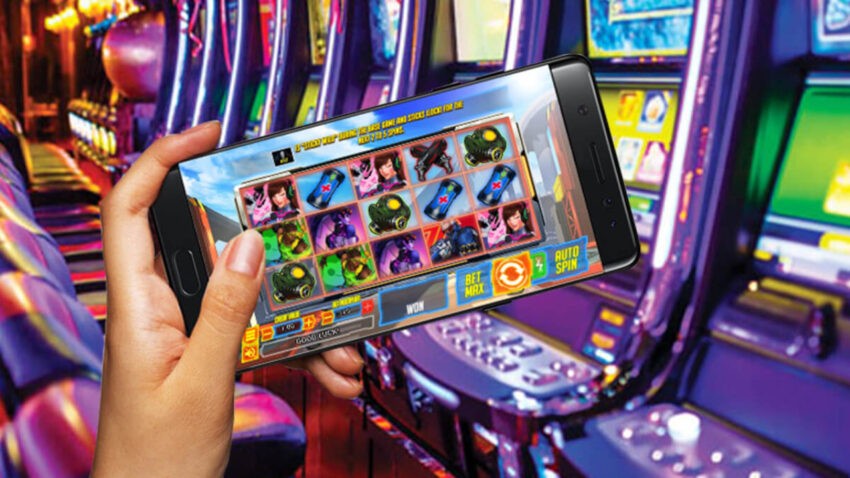Online gaming has become an integral part of modern life, attracting millions of players from around the world. The immersive experiences provided by these virtual worlds go beyond entertainment, influencing our psychological and emotional well-being www.frenchcookingboard.com. While often seen as an escape or a hobby, online games hold a unique power to shape our minds in both positive and negative ways.
The Social Connection in Virtual Worlds
One of the most significant aspects of online games is the ability to connect with others. Multiplayer games create virtual communities where players can form friendships, communicate, and collaborate, often transcending geographical boundaries. For many, these interactions offer a sense of belonging and an avenue for socialization, especially for those who may struggle with social connections in real life. Research suggests that the sense of community built within online games can enhance feelings of happiness and reduce loneliness.
However, the nature of these virtual connections can also have drawbacks. Relationships in online games tend to lack the depth and authenticity of face-to-face interactions. In some cases, players may experience negative emotions, such as jealousy or frustration, as they navigate in-game rivalries or toxic behavior from others. The anonymity provided by online environments can sometimes encourage aggression, creating a toxic atmosphere that undermines the potential for healthy relationships.
The Escapism Factor
For many players, online games provide an escape from the stresses of everyday life. Virtual worlds allow players to live out adventures, take on new identities, and engage in experiences that would be impossible in the real world. This escapism can be therapeutic for individuals facing challenges like anxiety, depression, or stress. The act of losing oneself in a game can be a temporary distraction that helps players recharge mentally.
However, prolonged escapism can have negative consequences. Players who spend excessive time in virtual worlds may begin to neglect real-life responsibilities, such as work, school, or relationships. This detachment can lead to feelings of isolation, difficulty in reintegrating into reality, and even addiction. Striking a balance between virtual experiences and real-life obligations is crucial to prevent the darker side of gaming.
Cognitive Benefits and Skill Development
Beyond emotional and social impacts, online games have been shown to enhance cognitive abilities. Strategy-based games, puzzles, and role-playing games (RPGs) often require players to think critically, plan ahead, and make quick decisions. These types of games can sharpen problem-solving skills, improve memory, and even boost multitasking abilities.
Action-packed games also encourage hand-eye coordination, reflexes, and spatial awareness. Studies have demonstrated that players of fast-paced games may have better visual attention and reaction times, making them more adept at tasks that require rapid decision-making. While these benefits are noteworthy, it’s important to consider the context in which gaming occurs. Players who engage in gaming excessively may face cognitive fatigue, diminishing the positive effects over time.
The Dark Side: Gaming Addiction and Mental Health
One of the most concerning aspects of online gaming is the potential for addiction. Like any other form of entertainment, gaming can be addictive, especially when it becomes a way of avoiding real-world issues. Online games that are designed with rewards, leveling systems, and social validation can be particularly enticing, creating a cycle that draws players in and makes it difficult to stop playing.
Gaming addiction is linked to a range of mental health issues, including depression, anxiety, and sleep deprivation. The World Health Organization officially recognized “gaming disorder” as a mental health condition in 2018, highlighting the serious impact excessive gaming can have on an individual’s life. Symptoms of gaming addiction include preoccupation with gaming, a lack of control over playtime, and negative consequences in personal, academic, or professional areas of life.
